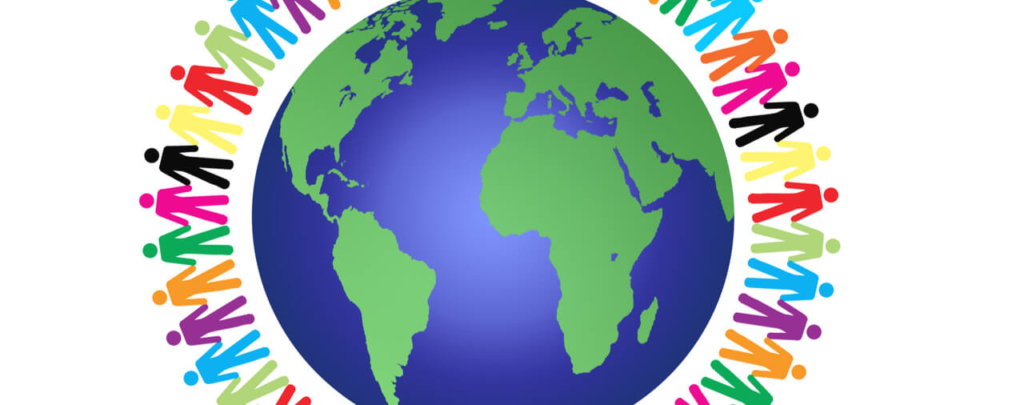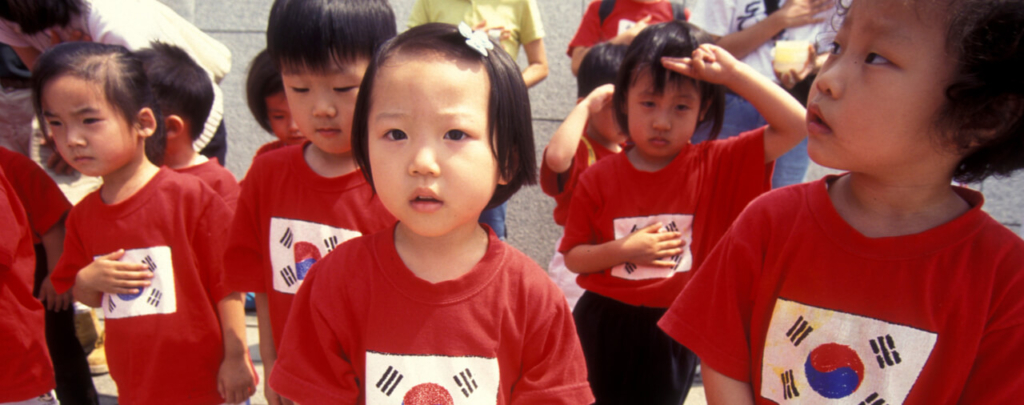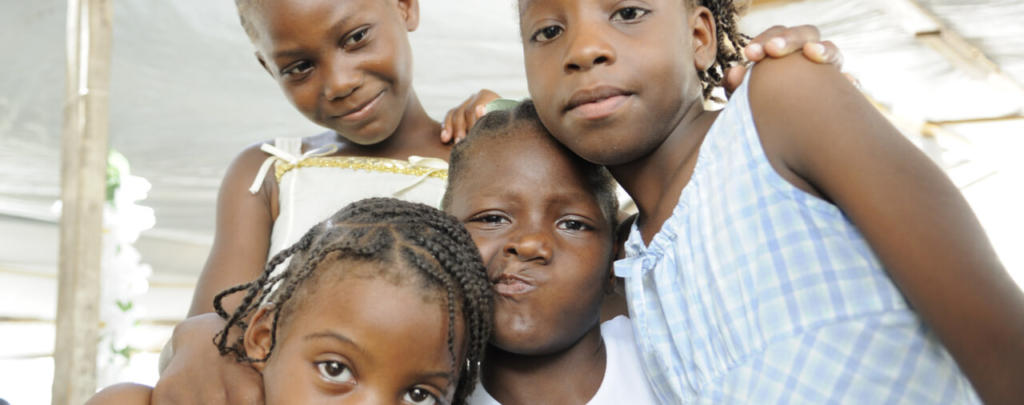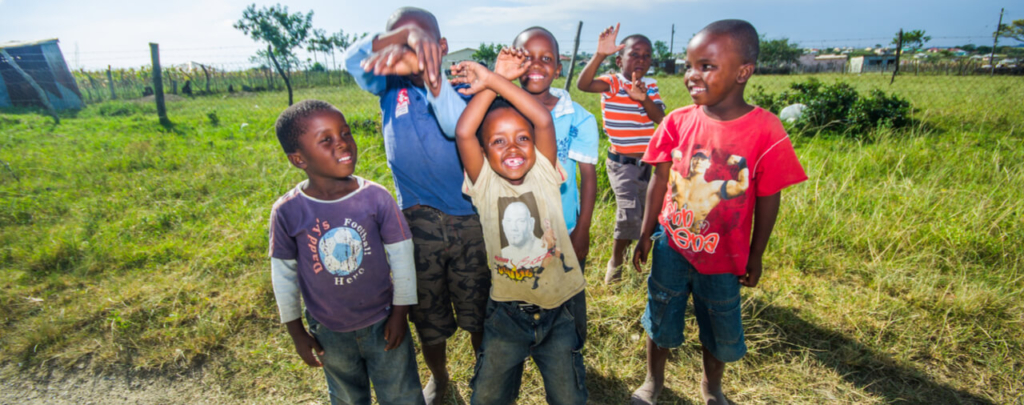
List of Hague Convention Countries
Find a list of the Hague Convention countries. If a U.S. citizen seeks to adopt a child from a Hague Convention country, it must be done through the Hague process.
Home Immigration Blog Immigration To The USA International Adoption

Find a list of the Hague Convention countries. If a U.S. citizen seeks to adopt a child from a Hague Convention country, it must be done through the Hague process.

The DOJ and DOS both published news releases about the investigation of an adoption fraud scheme of Ethiopia Intercountry Child Adoption.

Kazakhstan is requesting the submission of outstanding post-adoption reports required under Kazakh law by Kazakhstan’s Ministry of Education and Science.

The USCIS is closing its Seoul Field Office. This post examines the impact of the closure on Form I-600 petitions for children from the Republic of Korea.

A strike of Haiti court clerks and bailiffs has delayed processing of intercountry adoptions from Haiti. The strike began on July 3, 2017.

Rwanda lifted its temporary suspension of intercountry adoptions. It is in the process of establishing protocols consistent with the Hague Convention

27 Whitehall Street, 5th Fl New York, NY. 10004
Attorney Advertising: prior results do not guarantee similar outcomes.

Copyright © 2025 My Attorney USA. All Rights Reserved